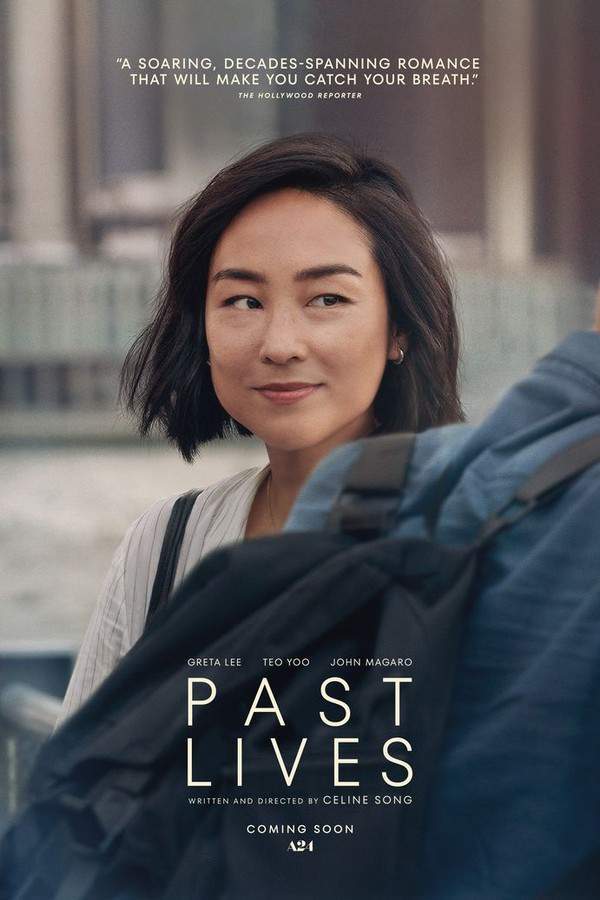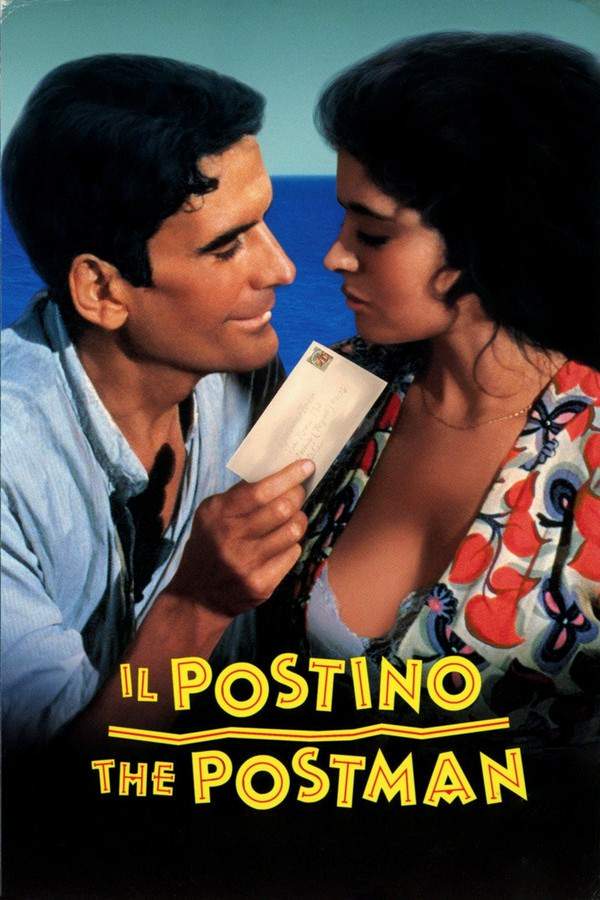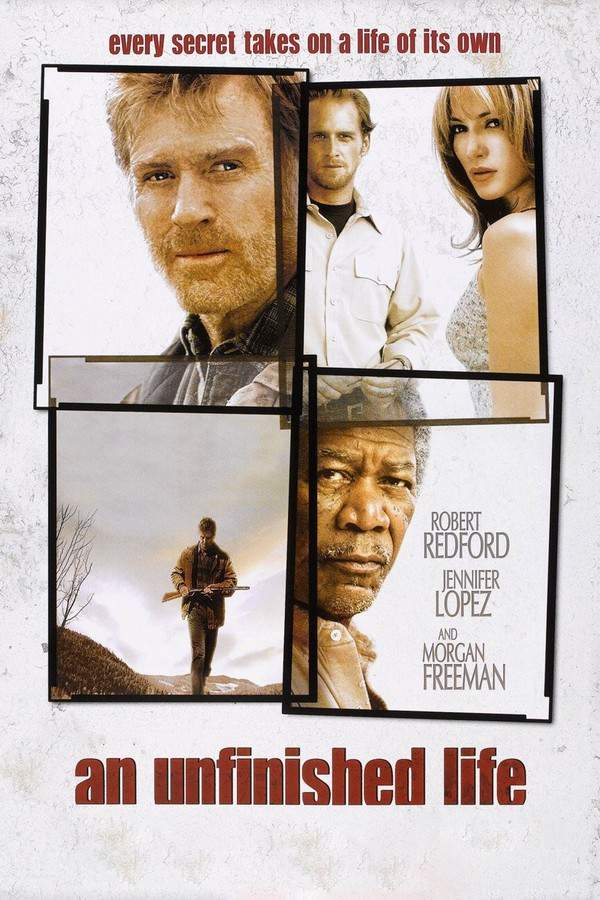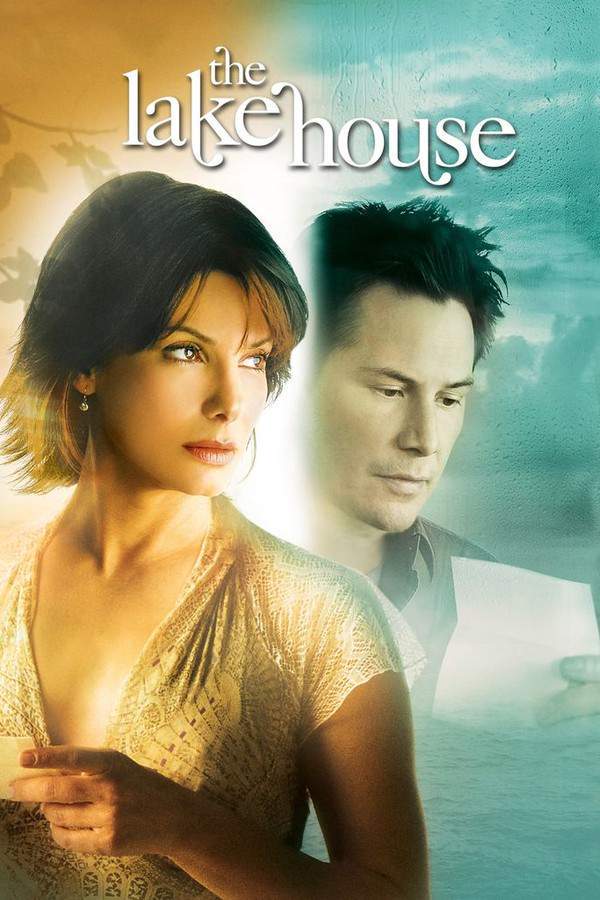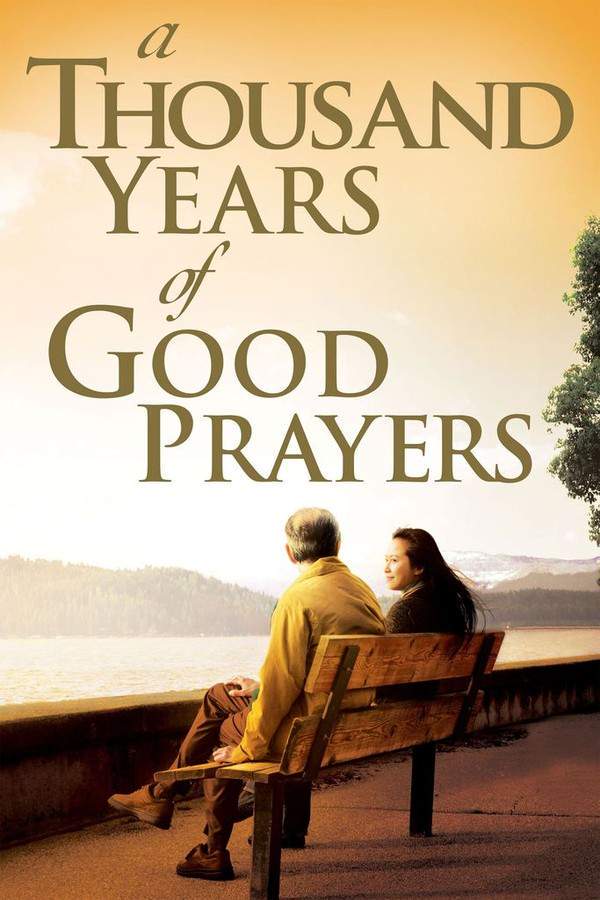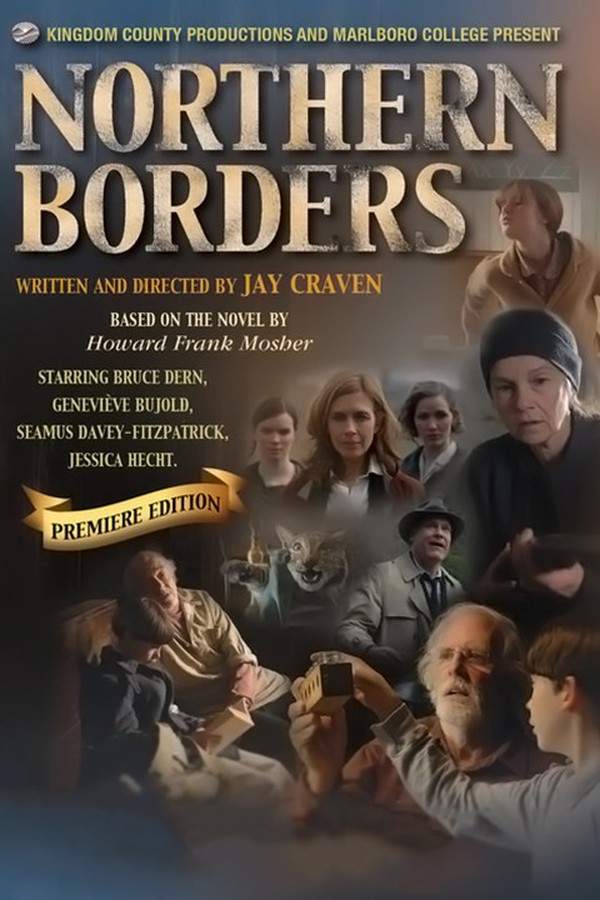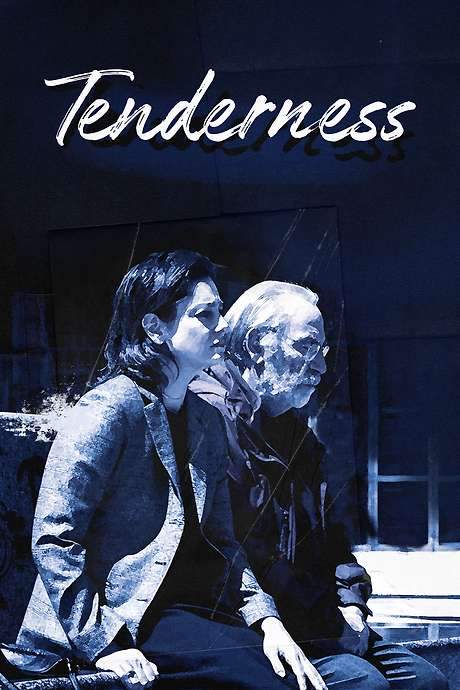
Letters from Prague
Year: 2016
Runtime: 94 mins
Language: Indonesian
Director: Angga Dwimas Sasongko
Larasati tries to fulfill her deceased mother’s last wish to deliver a box filled with letters from her past to an old guy living in Prague.
Warning: spoilers below!
Haven’t seen Letters from Prague yet? This summary contains major spoilers. Bookmark the page, watch the movie, and come back for the full breakdown. If you're ready, scroll on and relive the story!
Letters from Prague (2016) – Full Plot Summary & Ending Explained
Read the complete plot breakdown of Letters from Prague (2016), including all key story events, major twists, and the ending explained in detail. Discover what really happened—and what it all means.
Widyawati Sophiaan embodies Sulastri Kusumaningrum, the mother of Julie Estelle as Kemala Dahayu Larasati (Laras). Sulastri’s will bequeaths her house to Laras, but with a strict condition: she must send a box of old letters to Tio Pakusadewo, an elderly man living in Prague who works at a stage theater. Though Laras is eager to honor the bequest after her divorce from an unfaithful husband, she wrestles with the demand and ultimately accepts it, hoping it might offer a doorway to a quieter future. The letter of the law clashes with the stubborn sting of memory, and the first clash comes when Jaya—Mahdi Jayasri in the letters—rejects the presence of the correspondence, retreating into his own grief.
Julie Estelle as Laras finds herself cut adrift by that initial refusal, and in a moment of cultural dissonance, she leaves for a hotel, overwhelmed by the unfamiliarity of Prague’s rhythms. In a surprising turn, Tio Pakusadewo as Jaya agrees to give her shelter in his apartment, softening the hard edges of the situation and opening a path to a shared space where the past can be revisited, questioned, and slowly reconciled. Laras begins reading the letters on her own, and the stories inside them begin to reshape her understanding of her mother’s life and the man who keeps returning to it across continents and decades.
Through the letters, Laras learns a history she had only glimpsed. Jaya had once been Sulastri’s fiancé, someone who could not return decades ago because Indonesia’s turbulent shift toward the New Order barred many dissenters from returning home. He, along with three peers, left Indonesia by the Port of Belawan and found exile in Prague, living far from the country they had promised to restore and protect. This revelation reframes Laras’s earlier impression of her mother’s quiet endurance, suggesting that Sulastri’s daily waiting affected the family’s psychology and the atmosphere of their home. Jaya admits that he once refused to accept the letters, choosing to cast his past aside; yet Laras’s insistence, delivered with both care and clarity, moves him to a tearful acceptance.
The story shifts again as a new day begins. After a cooling-off period, Jaya invites Laras to a casual lunch, and she discovers within him a genuine, compassionate side—the kind of person who holds others’ pain with quiet strength. He shares more about his life in exile and the costs of opposing the regime, content with the choices he made, even as they continue to haunt him. In return, Laras shares her own memories and stories with him, transferring pieces of her life to the man who has witnessed the shadows of their shared history offstage as well. An intimate spark grows between them, and Jaya even writes a song dedicated to Laras, a tender gesture that marks a new kind of kinship forming between them. By the end of the day, Jaya commits to treating Laras as a daughter, and Laras accepts this new, chosen bond.
The morning that follows brings a charged confrontation with the truth of the past. Laras asks Jaya to forgive what happened and to return to Indonesia, a request that triggers anger in him as he voices his hatred toward the country. Laras recognizes that he may never fully forgive himself for what he has carried for years. In a pivotal moment, Jaya receives a reply letter from Sulastri, which reveals a startling detail: Laras’s full name is the one Jaya had hoped to name his own possible daughter. Sulastri’s message explains that she deliberately urged Laras to travel to Prague to deliver Jaya’s letters, hoping that their meeting could help him heal the long-armed wound of the past. Faced with this revelation, Jaya physically stops Laras from leaving, and the two ultimately find reconciliation in their shared understanding of how memory and forgiveness can travel across borders and time.
Last Updated: October 03, 2025 at 06:45
Explore Movie Threads
Discover curated groups of movies connected by mood, themes, and story style. Browse collections built around emotion, atmosphere, and narrative focus to easily find films that match what you feel like watching right now.
Movies about posthumous discovery like Letters from Prague
Uncovering a hidden past through letters, artifacts, or a final request from beyond.If you liked the journey of discovery in Letters from Prague, you'll enjoy these movies where characters fulfill a final wish or uncover a hidden past. Explore similar stories of legacy, reconciliation, and intimate revelations.
Narrative Summary
The narrative follows a protagonist, often grieving, who embarks on a physical or emotional quest triggered by a death. They act as a detective of the heart, following clues that reveal a parallel story from the past, leading to new connections and a bittersweet understanding.
Why These Movies?
These films are grouped by their core narrative engine: a quest initiated by loss. They share a reflective, often melancholic mood, a moderate narrative complexity from dual timelines, and a focus on emotional truth over dramatic action.
Movies about quiet reconciliation like Letters from Prague
Bittersweet stories where healing comes from confronting history, not forgetting it.Find more movies like Letters from Prague that explore themes of reconciliation and healing. These dramas feature characters quietly coming to terms with loss, family legacies, and historical wounds in a bittersweet, reflective manner.
Narrative Summary
The emotional journey moves from a state of grief, confusion, or refusal towards a hard-won acceptance. The conflict is internal and interpersonal, resolved through conversation, reflection, and shared vulnerability rather than external action, leading to an ending that acknowledges loss while offering a fragile hope.
Why These Movies?
This thread connects films that prioritize emotional resolution over plot resolution. They share a bittersweet tone, a slow, intimate pacing that allows for character depth, and a central theme of healing through understanding and connection.
Unlock the Full Story of Letters from Prague
Don't stop at just watching — explore Letters from Prague in full detail. From the complete plot summary and scene-by-scene timeline to character breakdowns, thematic analysis, and a deep dive into the ending — every page helps you truly understand what Letters from Prague is all about. Plus, discover what's next after the movie.
Letters from Prague Timeline
Track the full timeline of Letters from Prague with every major event arranged chronologically. Perfect for decoding non-linear storytelling, flashbacks, or parallel narratives with a clear scene-by-scene breakdown.

Characters, Settings & Themes in Letters from Prague
Discover the characters, locations, and core themes that shape Letters from Prague. Get insights into symbolic elements, setting significance, and deeper narrative meaning — ideal for thematic analysis and movie breakdowns.

Letters from Prague Spoiler-Free Summary
Get a quick, spoiler-free overview of Letters from Prague that covers the main plot points and key details without revealing any major twists or spoilers. Perfect for those who want to know what to expect before diving in.

More About Letters from Prague
Visit What's After the Movie to explore more about Letters from Prague: box office results, cast and crew info, production details, post-credit scenes, and external links — all in one place for movie fans and researchers.


